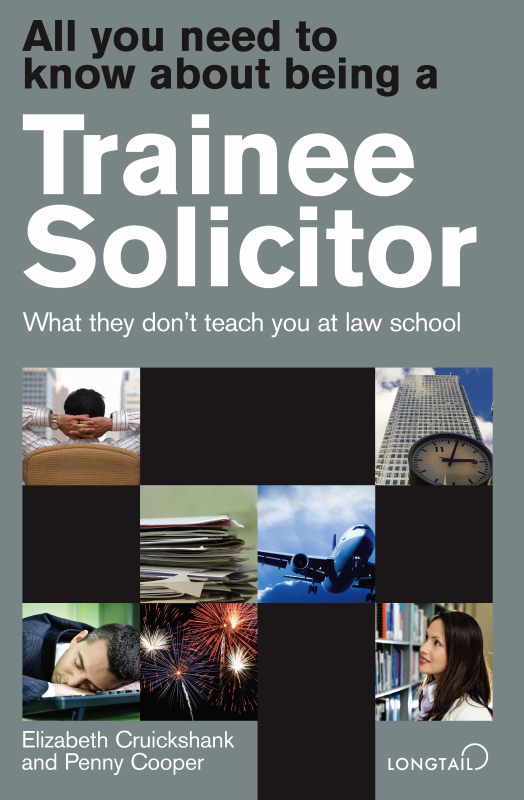According to a poll of 2,266 people, commissioned by online solicitor directory legallybetter.com, the most popular method of finding a solicitor is the personal recommendation of friends, relatives or colleagues. But recent YouGov research suggests that the second most popular method when people are looking for someone to do conveyancing or to advise on a will is the internet. This is yet more evidence of the power of the internet as a tool in the decision-making process. How can you make it work for you?
Finding a training contract
If you have not already found a training contract, the internet can be a powerful ally. You can use it to find possible candidate firms who will appreciate your talents and achievements. But don’t restrict yourself to perusing firms’ online brochures and downloading their application forms. Simple Google searches on the name of a firm can enable you to garner useful information on a firm’s:
– Areas of expertise
– Important clients
– Recent deals
– Recent cases and whether they have been won or lost
– Charitable activities
– Standing in the local community
– Salary increases – and in some cases salary freezes and decreases
– Redundancies
– Promotions
When you answer “open” questions in your application form use what you have learned about the firm to tailor your answers. Don’t wax lyrical about project finance, if the firm’s project finance group has just defected to another firm or show off your knowledge of employment rights when it has just lost a discrimination case. This “background” knowledge can also be useful when you are called for interview. Your interviewers will be impressed that you have taken the time to learn more about them – for after all they have spent time reading about you. And if you know who is going to interview you, find out as much as possible in advance about that person before you set foot over the firm’s threshold. There is no need to be sycophantic about it, but it may help you to know that of the two people who are interviewing you, one is a 50 year old expert in construction litigation who lists dog-breeding as a hobby and that the other is a 30 year old American tax specialist.
What about you?
Internet dating is a two-way process. So is recruitment. Just as you can use the internet to research the legal recruitment marketplace, HR departments can and increasingly do use social networking web-sites to assemble information about prospective training contract candidates, or in fact anyone that they are considering employing. Why not, the information is in the public domain? Web-sites like Facebook, Linkedin and Friends Reunited may make you much more accessible to friends, family and class-mates, but they could also reveal things about you that you would prefer that a prospective employer did not know. Take a close look at your own social networking entries and consider removing:
– Pictures of you in compromising positions
– Expressions of admiration for extreme political parties or historical figures such as Hitler that most people regard with distaste
– References to orgiastic parties or alcohol and drug enhanced journeys
– Comments about finding work or study boring, especially any expressions of distaste for legal work – “I’m only doing this because I couldn’t get into Marine Biology”
– Expressions of racial or religious intolerance – in fact anything that would suggest to potential employers that you might offend anti-discrimination legislation or indeed any of their clients.
Overkill?
Yes, possibly, but this column is about helping you to improve your chances in the legal market. As a trainee and later as a fully qualified lawyer you will be watched by your employers, your clients, sometimes by the general public and your shortcomings may be revealed in a disgruntled blog. Clients expect discretion, so now is the time to start practising that skill in favour of your most important client — yourself.
Elizabeth Cruickshank and Professor Penny Cooper of The City Law School are the authors of ‘All you need to know about being a Trainee Solicitor’ (Longtail, 2008) which is currently about to be published in 2010 editions in China and Nigeria.

